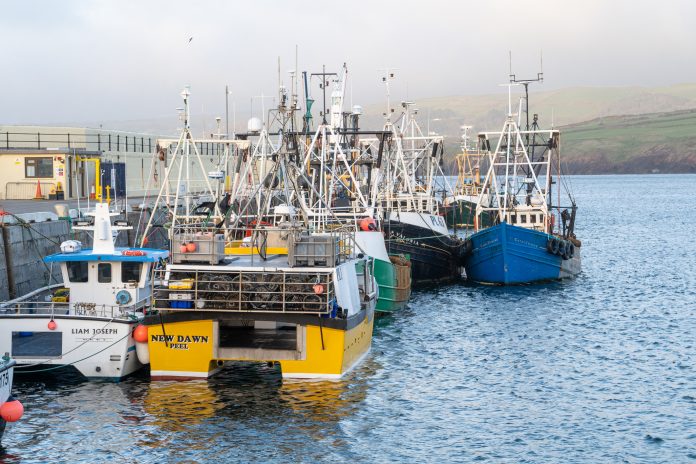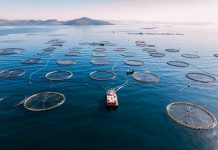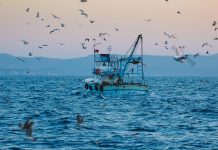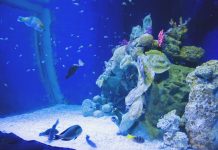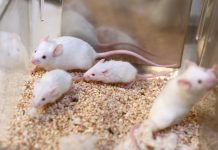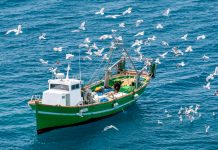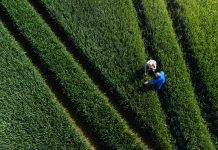Jack Emmerson, Sea Fisheries Policy Manager Department of Environment, Food and Agriculture, shares the Isle of Man’s approach to supporting a sustainable fishing industry whilst still benefiting the local economy
People have worked the seas around the Isle of Man for centuries to catch famous Manx seafood. But overfishing took its toll on the Island’s fisheries, forcing some to close completely.
Isle of Man’s fishing industry
A focus on sustainability over the past 15 years helped boost the populations of fish and shellfish and, in particular, the king scallop, which has been the backbone of the Island’s fishing industry since the mid-20th century.
Now a new approach to sustainable fishing has been devised in a collaboration between fishermen, scientists, and the Island’s government, which already significantly benefits the economy and ecosystems.
The Isle of Man is a British Crown Dependency and is autonomous regarding fisheries management, albeit closely tied with the UK’s approach.
Fishermen here produce the world-famous ‘Manx queenie’ (Aequipecten opercularis), a smaller, sweeter relative of the more common king scallop (Pecten maximus), afforded the same Protected Designation of Origin (PDO) status as champagne.
However, in addition to the scallops, in the wake of Brexit, the Island has also been able to renegotiate fish quotas with the UK, with a new deal announced in July that promises to revitalise the Island’s historic herring fishing industry. But with these new fish quotas comes a renewed emphasis on the importance of sustainable practices to learn from past mistakes and pave the way for the next hundred years of fishing, with the lessons learned from scallop management also helping with the new diversification into fish.
Pushing towards sustainable fishing: A shared vision of sustainability
Today, the relationship between the Island’s fisheries regulators and fish producers has never been stronger: fisheries management is underpinned by scientific data, a shared vision of sustainability, common values, and a deep understanding of the importance of a high-quality marine environment.
The Island is also the only nation in the world to be a UNESCO Biosphere, an international acknowledgement recognising the unique flora and fauna and commitment to sustainability.
However, for many years, the Island’s fishing grounds were subject to some of the most intensive scallop fishing in the Northeast Atlantic, with diminishing economic success. In 2008, an area in the northeast of the Island known as Ramsey Bay was so severely overfished that the industry itself called upon the government to take action and close it to fishing.
A few years later, in 2011, Ramsey Bay was designated as the Island’s first Marine Nature Reserve. This unique designation created strict protections for sensitive habitats that we now know to be important in addressing the climate and biodiversity emergencies, such as seagrass, horse mussel reefs and maerl.
However, the reserve also included an area for a return to commercial fishing, which was critical in gaining industry support.
First the government and then industry carried out annual scientific surveys in collaboration with the School of Ocean Sciences at Bangor University to see whether the stocks of king scallops had recovered.
In 2013, they found that the scallops had returned in abundance beyond expectation. The data showed that the number of scallops increased by 1500% in three years under a complete no-fishing regime.
Keen to avoid repeating the overfishing of the previous decade, the industry established evidence-based harvest rules setting out how many scallops could be caught and in what areas, to ensure the fishery would remain sustainable in the long term.
The Ramsey Bay experience, coupled with scientific research by the former Marine Laboratory in Port Erin Bay at the other end of the Island, also established two critical principles; firstly, that fisheries and marine protected areas could exist in harmony, actually providing mutual benefits and, secondly, that sustainable fishing management should be based on good scientific data.
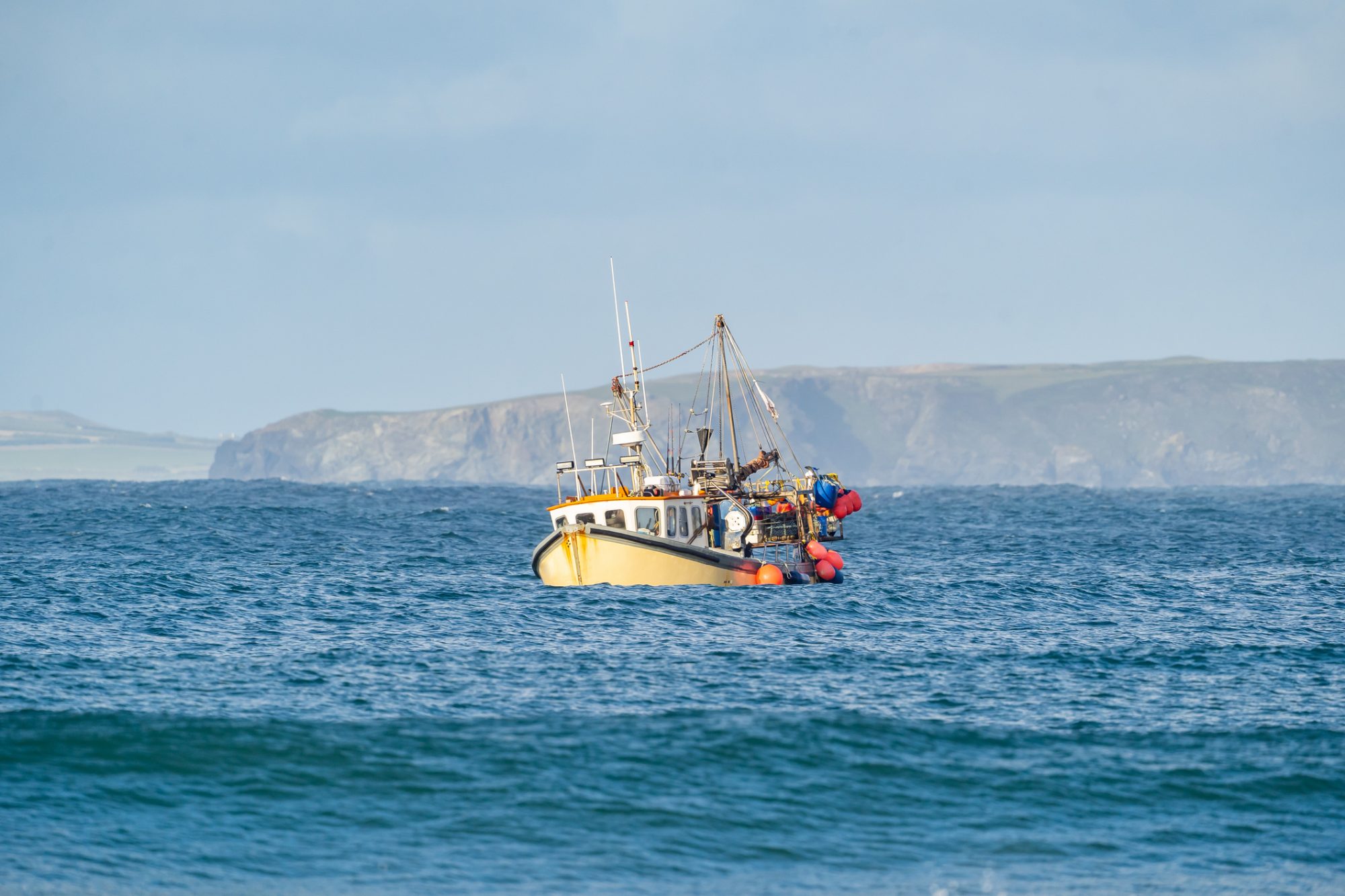
The scientific basis of fisheries management
The scientific basis to fisheries management has now been so well accepted that, in addition to the annual work by Bangor University, the Manx fishing industry now self-funds two surveys each year, guarding the resource as others would a family heirloom. As a result of surveys and co-management, the scallop stocks in the bay have remained bountiful, supported by the strict controls self- imposed by the industry. Scientists now think this may be one of the world’s most efficient food production systems, with incredibly high amounts of edible protein produced for each litre of fuel burnt.
The regulators and environmental advocates are also satisfied. Ramsey Bay now delivers permanent environmental conservation benefits harmoniously alongside economic returns to the Island, with high levels of trust, transparency and cooperation between stakeholders.
This success led the Island’s government, in close consultation with the industry, to expand the use of closed area management around the Island’s coastline, including creating ten more Marine Nature Reserves in 2018, covering half the Island’s seas within the three-mile area. These areas remain untouched by the scallopers and host sensitive habitats, species, and spawning populations of scallops.
The future of sustainable fishing
With almost a decade of experience maximising fisheries benefits through closed areas, the Island’s scallop fishermen now embrace this approach as intrinsic to success and have set this out in the Long-term Management Plan (1) to ensure the sustainability of the industry into the future.
Lessons learned on the Island are making waves overseas too. After leaving the EU, the UK has committed to delivering a Fisheries Management Plan for king scallops in English and Welsh waters under a bold, new approach to fisheries management.
The geographical scale of the UK’s plan may be several orders of magnitude greater than the waters around the Isle of Man. But the principles of cooperation, trust, and engagement with stakeholders are transposable and, we would argue, essential if the concept of closed areas and co-management is to gain traction as fundamental tools in delivering sustainable fisheries and effective marine environmental protection.
Reference
- https://www.gov.im/media/1376550/ltmp-10-260522.pdf
© Crown copyright


